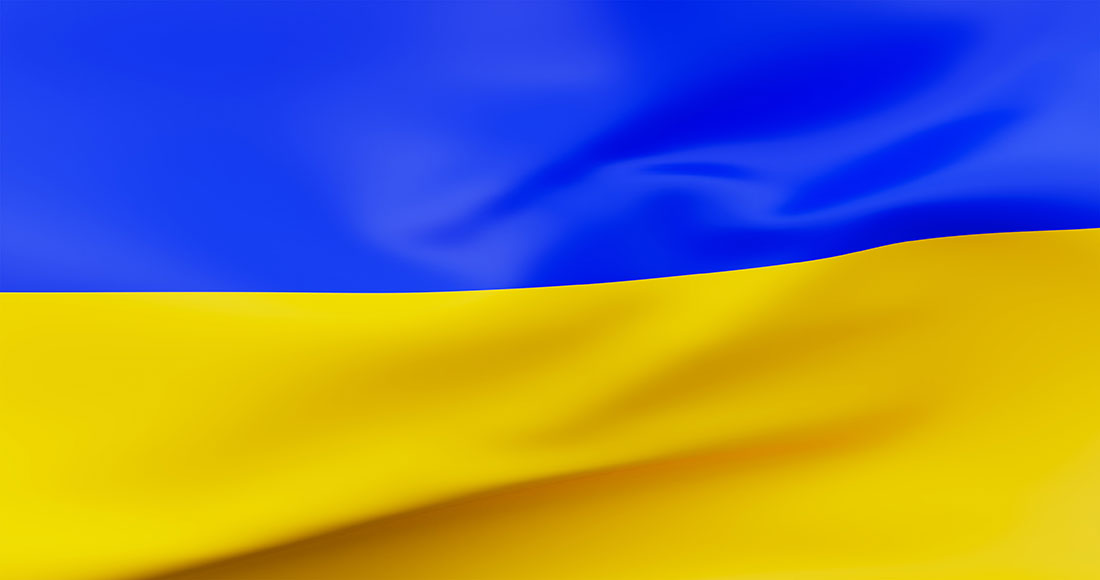Straupe Farmers’ Market
Straupe Horse Mail. Earth Market. Fair Trade – Good. Clean. Honest. Artisan and small producers. Farmers. Craftsmen.
Slow Food is an international movement established to respond to fast food and food uniformity caused by globalisation, the disappearance of local food and the indifference of people to where food comes from, how it tastes and how our food choices affect our environment. Astrīda Rozīte and Rudīte Vasile are the founders of Slow Food Straupe, first in the Baltic States to become members of the Slow Food Organisation. Some time ago chef Mārtiņš Rītiņš maintained cooperation with this organisation in Riga. Several years ago, a regular market as the fulfilment of the vision of Astrīda and Rudīte began to operate in Straupe Horse Mail, reviving the ancient Hanseatic place for horses. During the Swedish times, the Lielstraupe Horse Post Office and pub were located on a strategically important road connecting Riga to Tartu and St. Petersburg.
The medieval market was not just a place for commodity exchange and purchase – it was where people met, got to know other people, talked, closed deals, played theatre, played, ate and drank. In the market, life was buzzing; market was the place where the development of the neighbourhood took place. Also today, the tradition of organizing events dedicated to anniversary celebrations, various local events and traditions is revived. Craftsmen, small producers, artisans, farmers, sometimes the whole family comes to trade. The Slow Food brand requires traders to have grown or produced their goods themselves, and can tell about them, and how to use them. They need to receive fair and appropriate pay for their work. This does not mean, however, that you should not bargain and trade, which often turns into a fun conversation.
Life in Latvia is good – rural dairy products, self-baked bread and cakes, soft and mature cheeses, high quality meat and fish, spices and herbs, local pasta, grains and groats are available all year round for democratic prices. You can observe the change of seasons at the market – the first greens, sprouts, wild plants, salads and radishes, plants and flowers appear in the spring. Soon follow forest and garden berries, Midsummer’s cheese at summer solstice, pickled cucumbers with their irresistible smell, young potatoes, first vegetables and mushrooms. In the summer comes new honey comes – the most popular types are from meadow flowers and linden flowers. Autumn is already more serious and rich – vegetables, peas, beans, pumpkins, dried food and pickled food. Gingerbread and mulled wine appear a month before Christmas. Beer, wine, cider and stronger drinks are available all the time. You need pig snout and nine other meals for Christmas. Peas for New Year’s Eve and fish for New Year’s Day. Pancakes and pies for Meteņi. Then spring is back again. All-year-round you can purchase craftsman’s work – pieces made by blacksmiths and potters, wooden spoons, knitted mittens, with people from Japan coming to us to learn this skill, and many other interesting things.


















